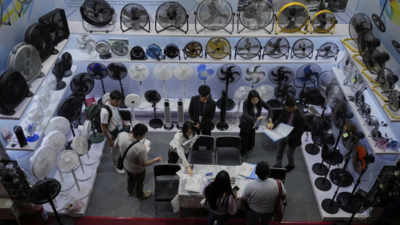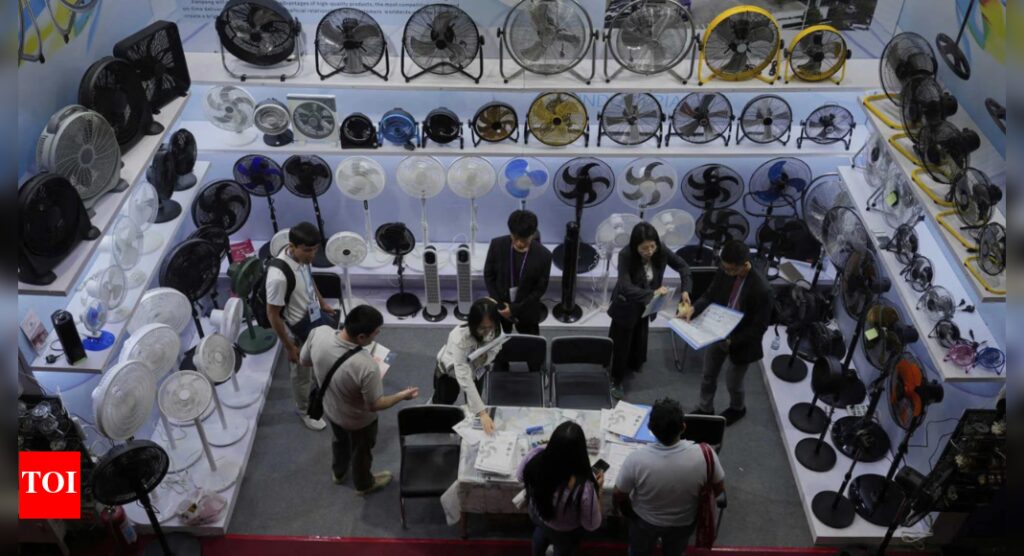
Chinese exporters are increasingly utilizing “origin washing” tactics to circumvent hefty US tariffs, according to a report by Radio Free Asia (RFA). These tactics are being promoted via Chinese social media platforms, offering methods to bypass tariffs by re-exporting goods or misrepresenting manufacturing locations.Promotional videos on platforms like Xiaohongshu (RedNote) and Douyin (the Chinese version of TikTok) highlight businesses offering services that help exporters reroute goods through Southeast Asia, including countries such as Vietnam and Thailand. This is seen as a way to avoid the growing restrictions on exports passing through these regions, as reported by RFA.Taiwanese entrepreneur Lee Meng-chu explained in an interview with RFA that Chinese manufacturers dependent on the US market are increasingly seeking alternative transit options to avoid the 145 percent tariffs on Chinese goods.Freight forwarders and customs agents have become crucial in this process, helping to handle documentation, customs clearance, and certificates of origin. As demand for these services grows, their fees are also expected to rise. Some freight forwarders are reportedly assisting exporters in altering or repacking containers to obscure the products’ origins.In response to the growing issue, Vietnam has stepped up its inspections to detect fraudulent origin certificates, while Thailand has intensified its efforts to verify the origins of goods being exported to the US to prevent tariff evasion.US law requires that imported goods undergo “substantial transformation” before they can be legally labeled as originating from a new country. Initially, many Chinese producers attempted to move their manufacturing operations to Southeast Asia or other low-cost regions, as noted by Sun Kuo-Hsiang, a professor at the University of South China’s Department of International Affairs and Business.Despite heightened oversight of certificates of origin in both the US and Europe, authorities are struggling to keep pace with the number of businesses promoting “origin washing” services on social media, according to the RFA report.














